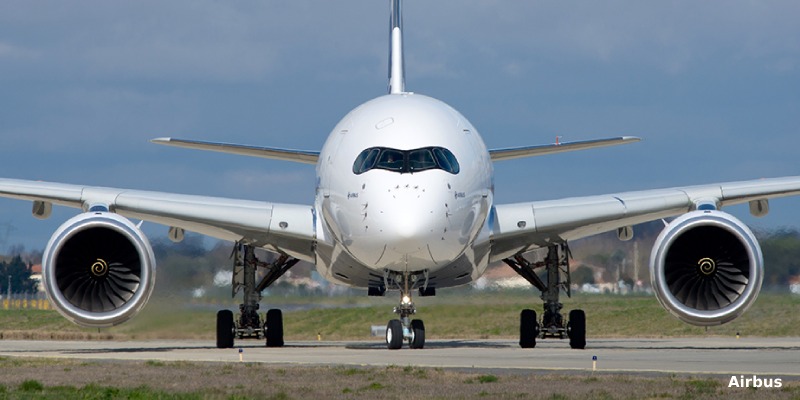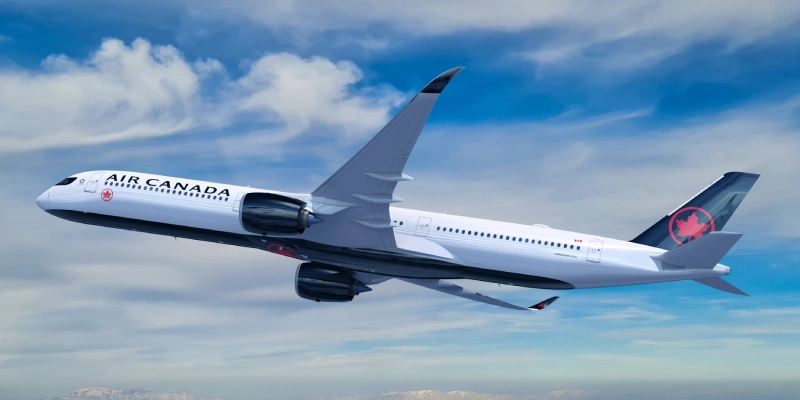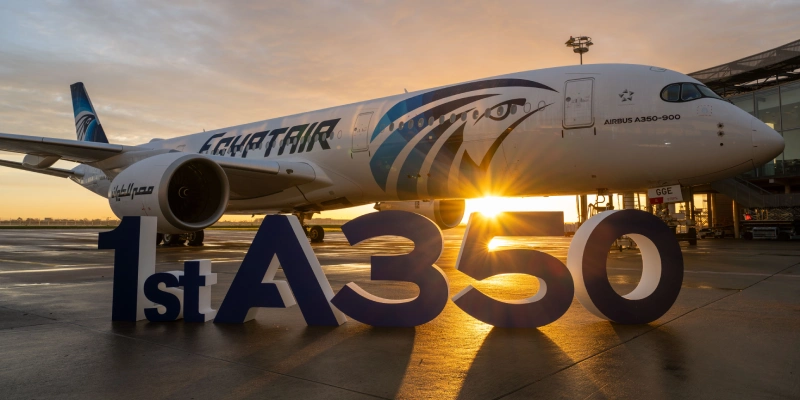Boeing surprised markets with better-than-expected results for the first quarter of 2025. Despite ongoing quality issues and a strike that halted production late last year, the company managed to deliver more aircraft and reduce its losses, boosting its shares by 4% in pre-market trading.
Rising Production and Improved Cash Flow
The U.S. manufacturer reported an adjusted loss of 49 cents per share, significantly lower than the average analyst estimate of $1.29, according to LSEG data. Revenue reached $19.5 billion, slightly surpassing Wall Street expectations of $19.45 billion, driven primarily by the delivery of 130 commercial aircraft.
One of the most reassuring figures for investors was the improvement in free cash flow, which stood at -$2.3 billion, above the market consensus of -$3.6 billion. According to CFO Brian West, this metric could continue to improve in the coming quarters.
737 MAX: A Cornerstone of the Strategy
Boeing is determined to regain lost ground. To achieve this, the company aims to nearly double the monthly production of its best-selling 737 MAX, increasing from January’s output to the regulator-imposed limit of 38 units per month by year-end.
→ Boeing Delivered 41 Commercial Aircraft in March
This production ramp-up has led to more consistent deliveries, reinforcing the recovery strategy spearheaded by its new CEO, Kelly Ortberg.
Reorganization and Strategic Sales
As part of its restructuring plan, Boeing sold a portion of its Digital Aviation Solutions unit for $10.55 billion, including the Jeppesen navigation division. This move aligns with Ortberg’s strategy to reduce debt by divesting non-core assets.
In a letter to employees, Ortberg called 2025 Boeing’s “year of change,” highlighting increased deliveries and improved product quality. “We are building higher-quality aircraft and delivering them with greater predictability,” he stated.
Persisting External Challenges
Despite signs of progress, Boeing continues to face hurdles. Supply chain issues are still delaying production of some models, even as global demand for aircraft remains strong and manufacturers’ backlogs grow.
Additionally, the trade war between the U.S. and China has once again impacted the company. Two aircraft destined for Chinese airlines were returned, potentially straining relations with one of the world’s most dynamic aviation markets.
A Mixed Picture
Although Boeing ended 2024 with a total loss of $11.8 billion due to issues in its core divisions, the first-quarter 2025 results show an encouraging trend. With increased deliveries, strategic sales, and leadership focused on efficiency, the manufacturer is taking concrete steps toward recovery.
Related Topics
Airbus Closes 2025 with Profit Growth, 793 Deliveries, and a Record Backlog of 8,754 Commercial Aircraft
United Airlines’ Purchase Order for Airbus A350 Jets on Hold Following Legal Dispute with Rolls-Royce
Air Canada Confirms Order for Eight Airbus A350-1000s
EGYPTAIR Receives Its First Airbus A350-900

Plataforma Informativa de Aviación Comercial con 13 años de trayectoria.




